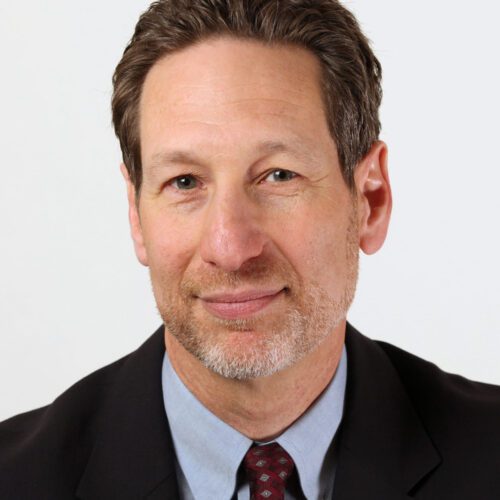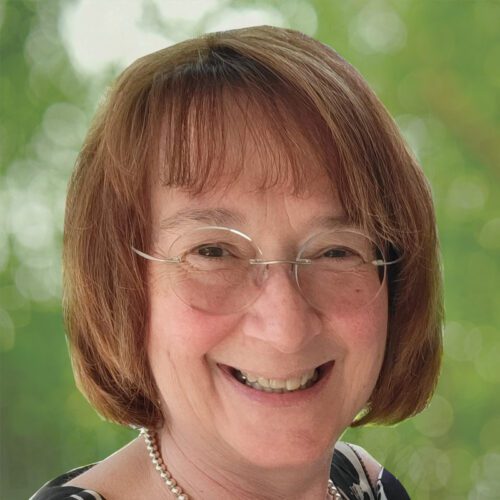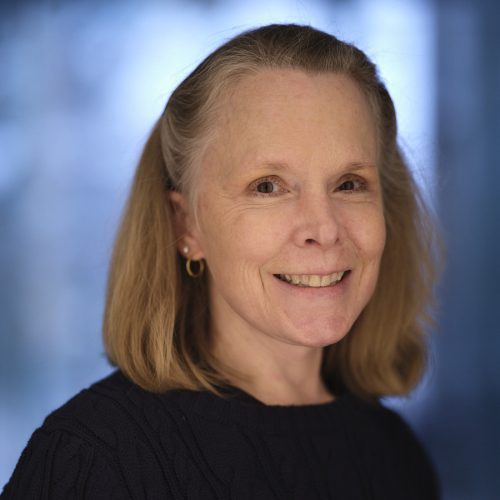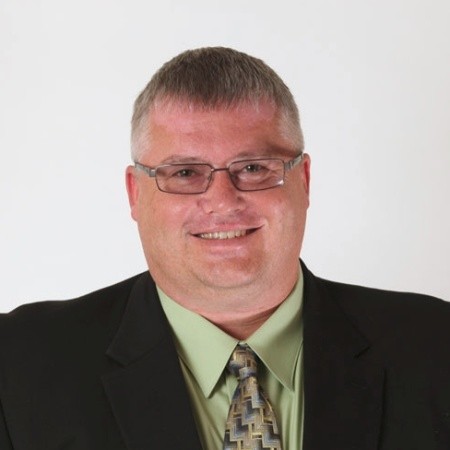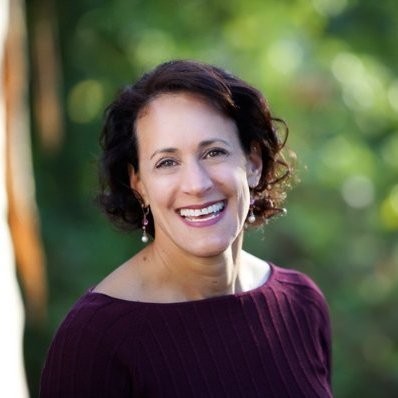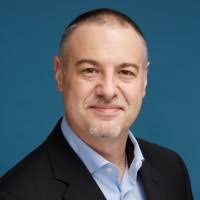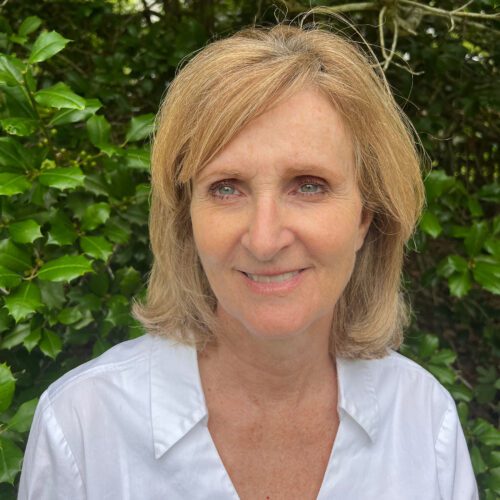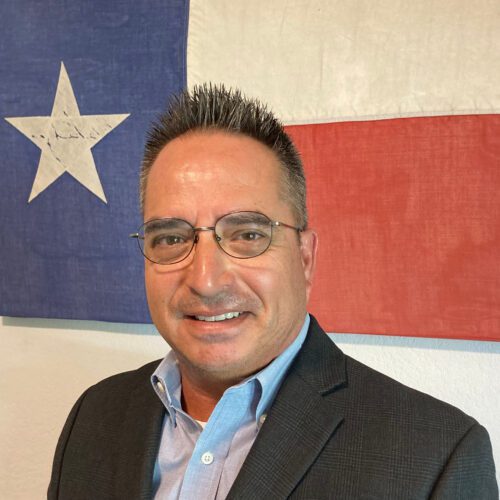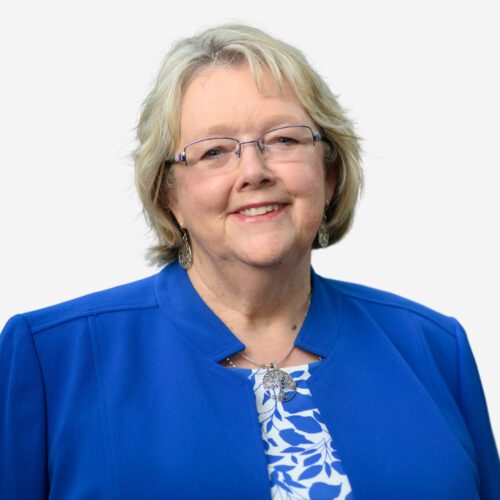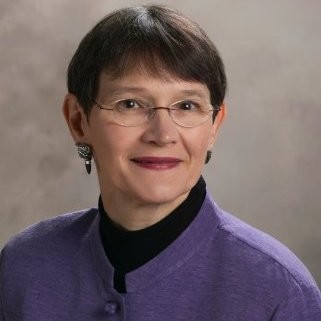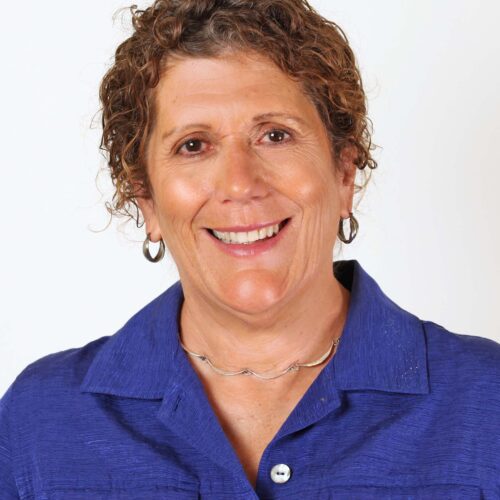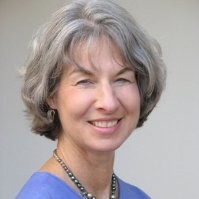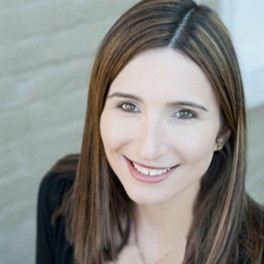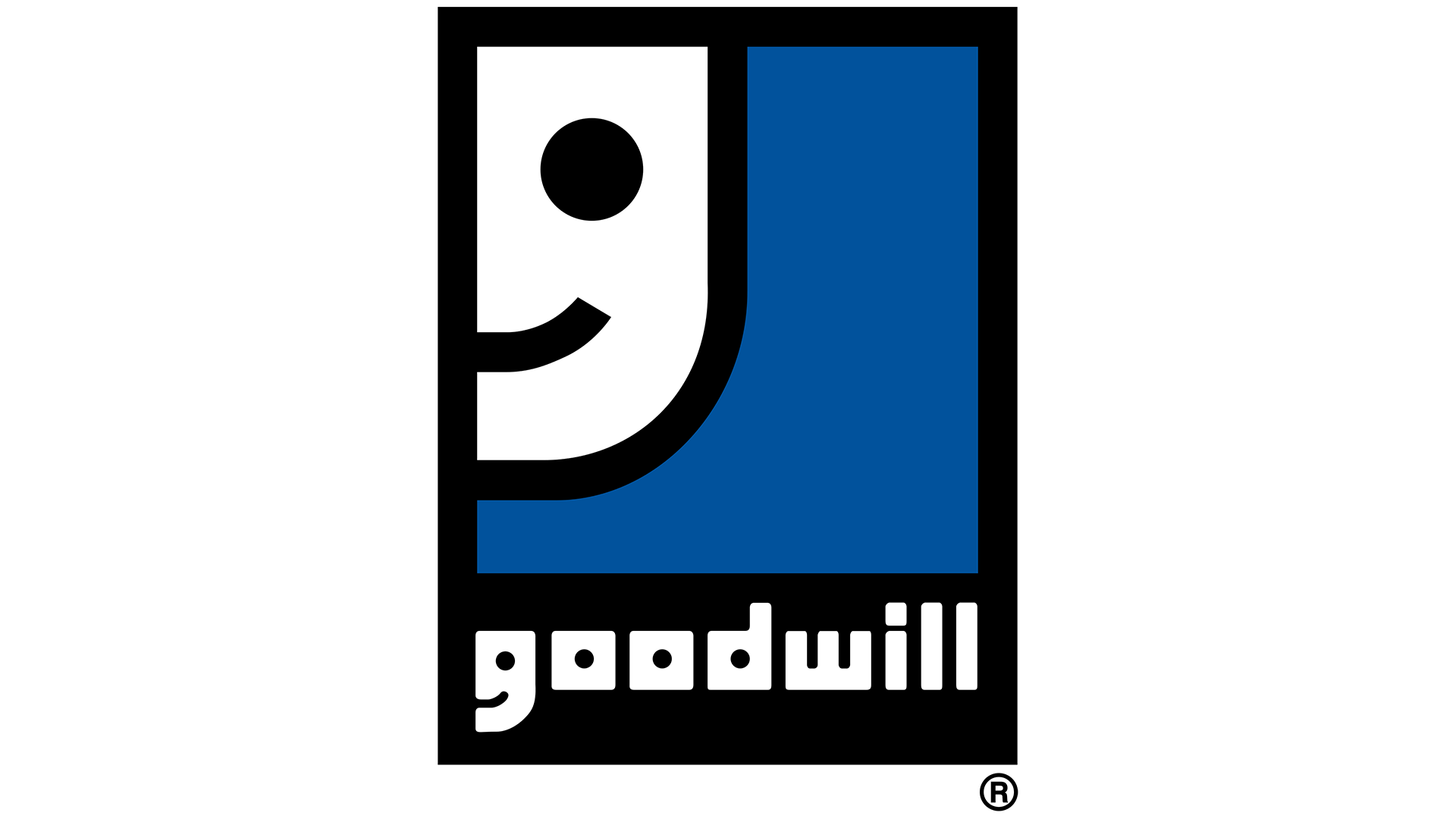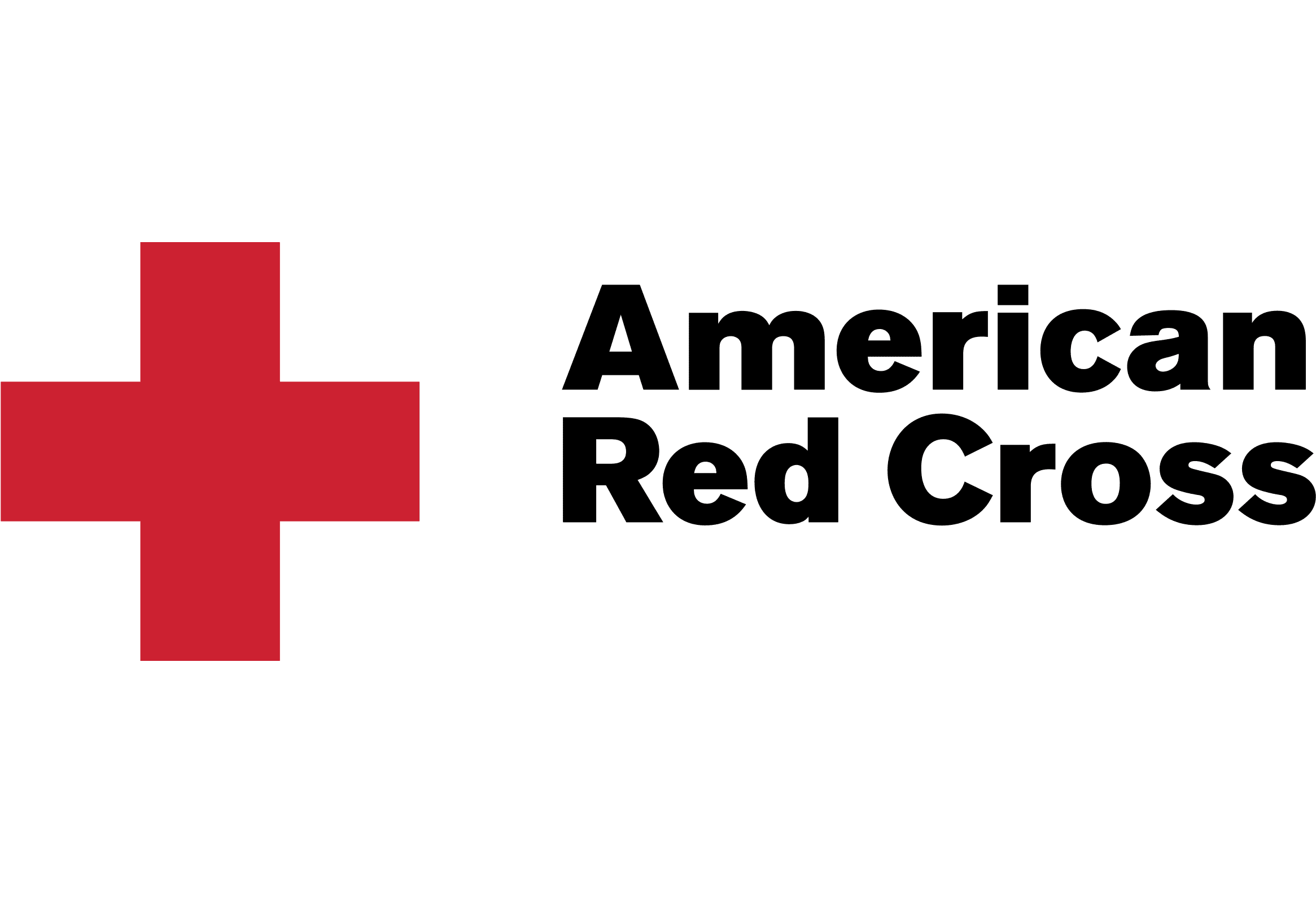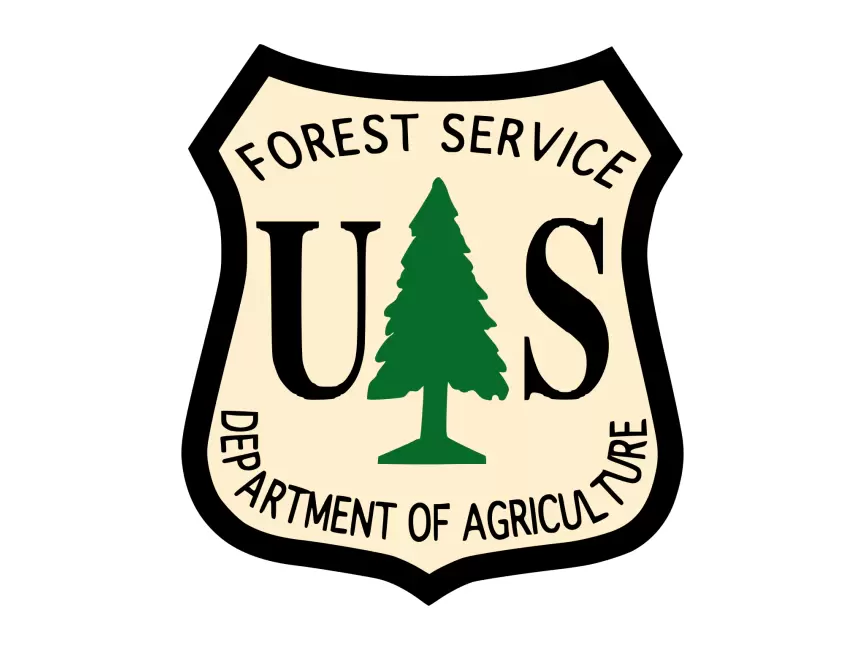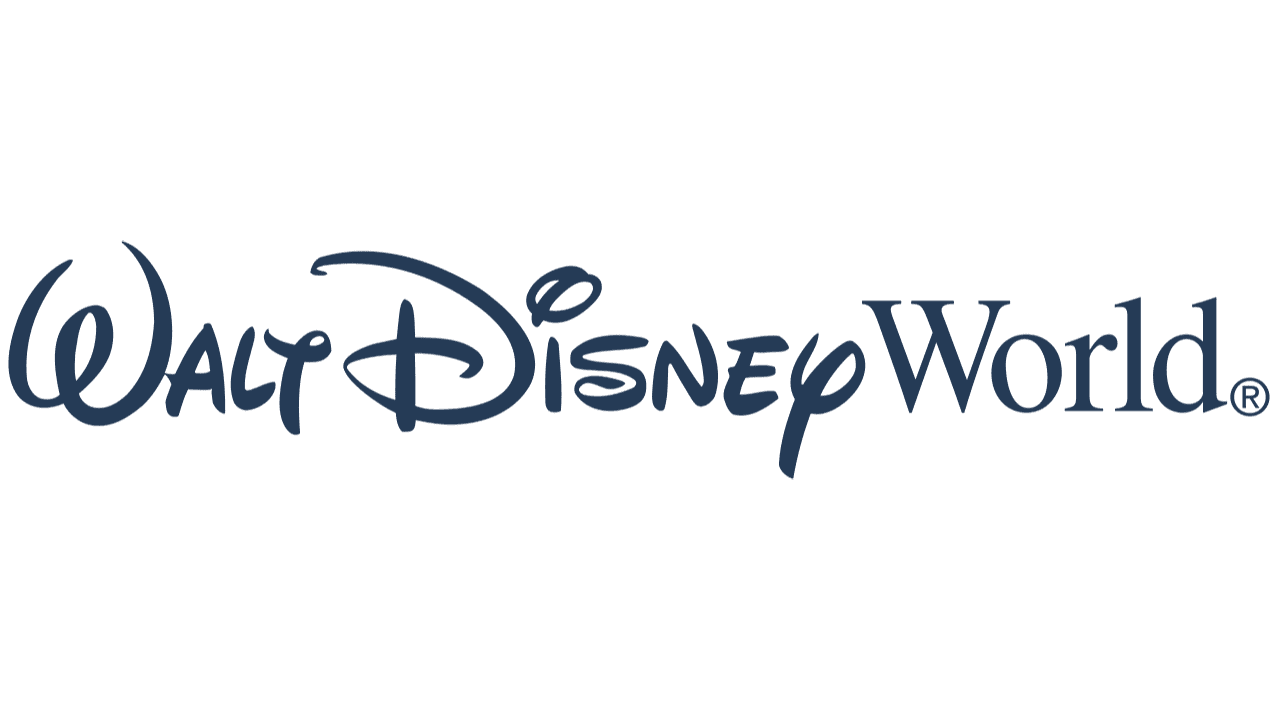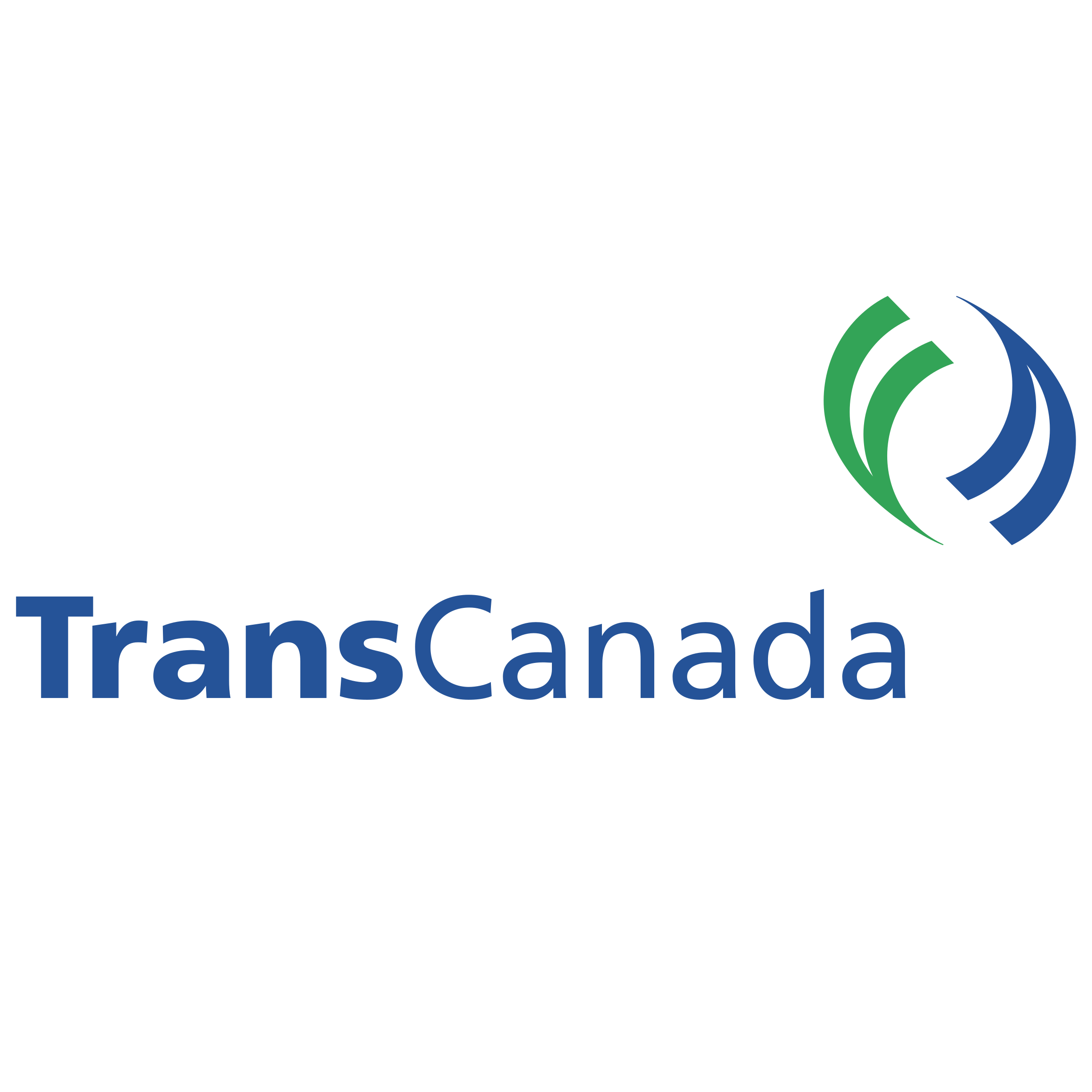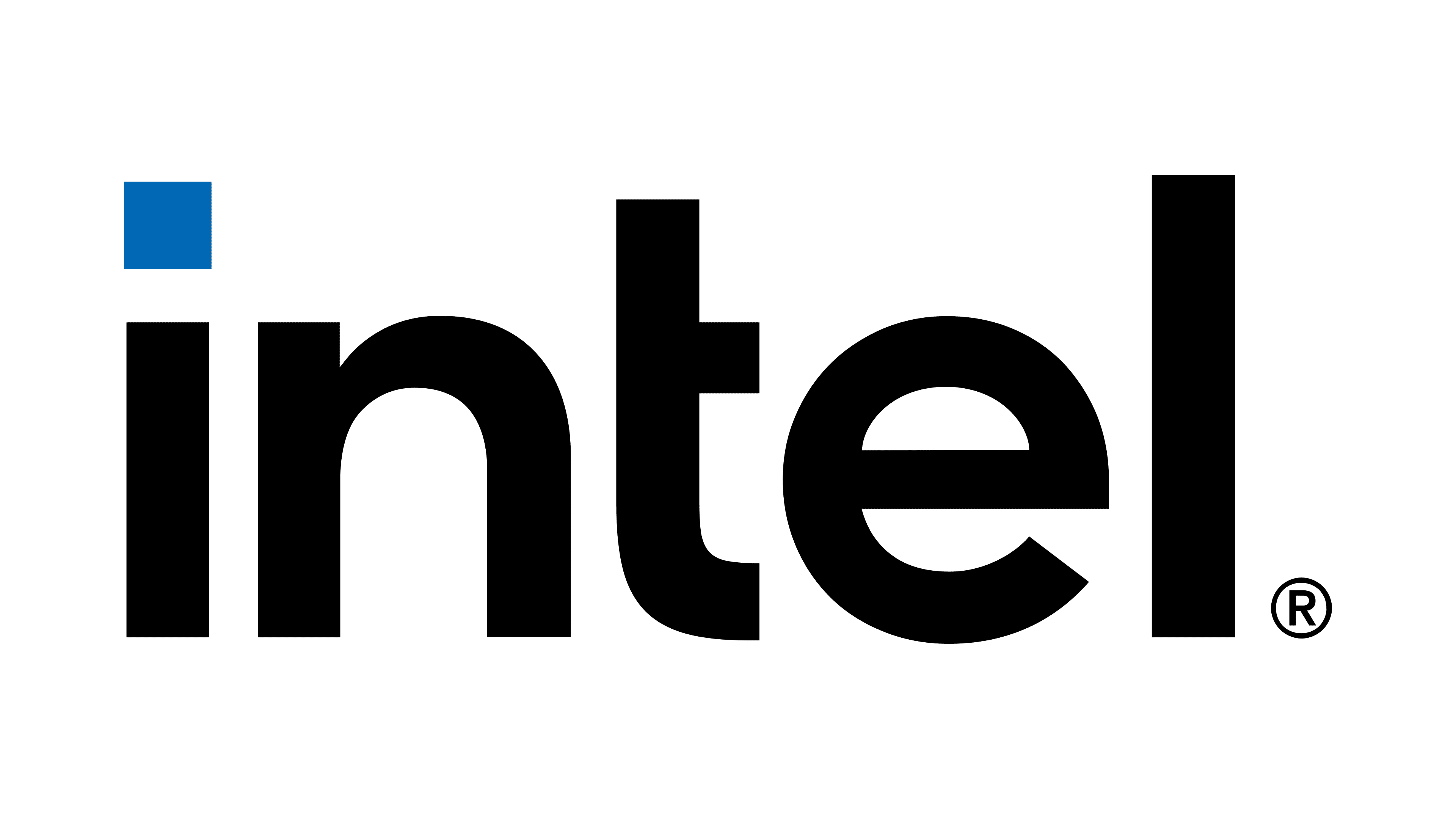We Help You Resolve the Issues that Really Matter
To be innovative and successful, your team needs to resolve the key issues that are challenging to address. The Mutual Learning approach helps you examine the hidden mindset that drives your individual and team behaviors as you attempt to resolve these issues.

Our Principles
The Mutual Learning mindset and behaviors are the foundation for our work. The Mutual Learning mindset enables people to behave in more effective ways, to design structures and processes to reinforce that behavior which all culminates in strong results, and is essential for systemic change.
We see teams and organizations as systems. To create systemic and sustainable change requires ensuring all the elements in the system are congruent with the desired state.
We use data to guide the change effort brought forward by the client.
We partner with you to build internal capability for sustaining your organizational change. We do not simply tell people they need to change. We give them the tools they need to analyze their own behavior and decide whether Mutual Learning would be useful for them and worth their time.

Our organization is defined by our people. We encourage their professional growth and organizational improvement. We value making the work we do fun, authentic, rewarding and satisfying.
Mutual Learning is more than our business; it’s how we seek to be in the world. We do for ourselves what we help others learn to do. And we work with organizations that strive to have a positive impact on the world.
Our Team
Roger Schwarz | President and CEO
Roger Schwarz, PhD, is an organizational psychologist and president and CEO of Roger Schwarz & Associates (RSA).
For more than forty years, Roger has helped leadership teams and organizations achieve three results: strong performance, solid working relationships, and individual well-being. His clients include global corporations, federal government agencies, universities, medical centers, national nonprofit organizations, and other organizations that seek to make the world a better place. In addition, he has established a robust program and practice for building the capacity of internal and external consultants.
His work is grounded in the premise that creating fundamental, systemic and sustainable change—culture change—requires that individuals, teams, and the larger organization change not only their behavior, but their mindset that guides their behavior. In turn, this drives how leaders design their teams and the organization.
Roger developed RSA’s Mutual Learning approach to leadership and change. Practical, accessible, and powerful, the approach integrates evidence-based research and theory into practice. This integration enables leaders to develop the mindset and skills to create the teams and organizations they want, including effectively addressing the most challenging, often undiscussable, issues that undermine success.
His passion for helping teams and organizations that are simultaneously effective and enhance the quality of life at work developed as a graduate student of Professor Chris Argyris, a founder of the fields of organization development and organizational learning. Roger’s work integrates and builds on the work of Chris Argyris, Richard Hackman, Peter Senge, and Edgar Schein to help leaders, teams, and organizations achieve their team and organization visions.
Roger is the author of Smart Leaders, Smarter Teams: How You and Your Team Get Unstuck to Get Results and The Skilled Facilitator: A Comprehensive Resource for Consultants, Facilitators, Coaches and Trainers, which is considered a standard reference in the field. He is co-editor of The Skilled Facilitator Fieldbook: Tips, Tools, and Tested Methods for Consultants, Facilitators, Managers, Trainers, and Coaches. His writing also appears in other books, journals, and online in Harvard Business Review.
A former professor at the University of North Carolina at Chapel Hill, Roger earned his PhD in Organizational Psychology from the University of Michigan and a Master of Education degree from Harvard University. He lives in Chapel Hill, NC.
Betsy Roach | Senior Consultant
“I’ve been a horrible boss! How could anyone want to work with me, much less for me? This is not how I want to live my life.” Those were my exact words to a colleague at the moment I realized the impact the Skilled Facilitator Intensive Workshop had on my life. It was, to say the least, a pivotal moment in my life and in my career. From that moment on I made a conscious decision to study mutual learning in hopes of becoming a better person.
Prior to joining RSA, I worked for a worldwide designer, manufacturer, and integrator of precision motion control products and systems. My career included positions in Materials Management, Information Technology, Process Improvement and finally, Human Resources. Along the way, I helped introduce the organization to Roger Schwarz and mutual learning. As a result, the company committed to transforming their 50-year old leadership style from command-and-control to mutual learning. They decided to educate thousands of their leaders and employees across the globe on the approach. Our workshops spanned ages, functions, jobs and most importantly cultures. Roger, his associates, and I trained people from Germany, China, the Philippines, England, Japan, and India, often in the same workshop! I found that no matter who, or where, we trained, the issues were still the same. People struggled to have tough conversations with their employees, their colleagues, and their bosses. Mutual learning helped them to understand that while the conversations might not be easy, they could still hold folks accountable while being transparent, genuinely curious, and compassionate. The transformation was amazing to watch! As managers began to change their mindsets – their behaviors changed, too. As a result, employees sought out positions and opportunities to work for the managers who lived by these values.
I remember my mom saying to me, “Choose a job you love, and you will never have to work a day in your life.” Truer words were never spoken. Now, as part of the RSA team, I’m able to fulfill my passion for mutual learning by working with clients who are just starting their journeys. I also used my skills to help church-based organizations, such as Parish Councils, clarify their needs and strategic plans. I’m grateful to have the chance to do this work and walk this walk because I learn something new about myself almost every day.
I hold a Bachelor’s in Liberal Studies and a MBA from Medaille College. I spend my down time with my husband cycling around Western New York, cheering for the Buffalo Bills (well, somebody has to!), and sharing meals with our family and friends.
L Michelle Bennett | Senior Consultant
Lead Team Science Consultant
Dr. L. Michelle Bennett is a senior consultant with Roger Schwarz and Associates having departed her position as Director of the Center for Research Strategy at the National Cancer Institute in 2021. She trained as a molecular oncologist with a focus on genetic susceptibility to cancer, earning a Ph.D. in oncology from the University of Wisconsin-Madison. Her research studies were focused on the intersection of cancer and the environment.
Dr Bennett’s passions pulled her away from the laboratory bench to focus on science administration and become a certified executive coach. This combination provided her with opportunities to grow into leadership roles that focused on strategic scientific planning, creating conditions for successful interdisciplinary collaboration, workforce diversity and health disparities, as well as organizational change management and development in research institutions.
Her interest in psychology was renewed in the context of team science and collaboration when she saw an opportunity to merge the need for scientists to address increasingly complex scientific problems with their need to operate as well-functioning teams. This is especially true for experts who come together from different disciplines, sectors of science, and lived experiences and need to manage major differences in perspectives.
She has extensive practical experience in promoting collaboration and team-based approaches by bringing together research scientists with diverse backgrounds and expertise, across many dimensions of difference. She co-authored Collaboration and Team Science: A Field Guide that serves as a primer for investigators who are building or participating on research teams.
Her introduction to Mutual Learning provided the link between team science and science team effectiveness. A shared team mindset underpins the science that the team sets out to do and is also essential for an effective team. Mutual Learning, if adopted at the start of a scientific project, sits at the base of everything the individual, team or organization does. Once in place, anything is possible. Effective teams can generate outstanding results, have strong and healthy relationships, with team members who have a strong sense of well-being.
Mike Mitchell | Vice President of Operations
I enjoy managing service projects and working with our clients in addition to many of the internal operations I also manage at Roger Schwarz & Associates. When I joined RSA, one of the expectations was I would learn the mutual learning approach and use it in my daily work life. That felt like a daunting task considering my background seemed so divergent. I am thankful for the opportunity to learn about mutual learning and to realize my strengths and weaknesses as a leader.
I have an entrepreneurial spirit. Prior to working at RSA, I owned or partnered in several companies. My last venture was as a business operations and financial consultant, working with business owners, organization leaders, and their managers to identify ways to improve financial productivity and their bottom line. In that role I spent a fair amount of time trying to identify what the stakeholders’ intentions and motives were so I could be prepared for questions or push back. Often, it seemed like it was inappropriate to ask my clients direct questions – my intuition lead me to believe there were hidden agendas and issues that could not be discussed. At times, it felt like I was part of a high wire act. After mutual learning training, I look back and think about the working relationships I had with some laughter and a good amount of regret due to the “cloak and dagger” manner in which decisions were made and relationships were damaged. The mutual learning approach has taught me there is a better way to work than the instinctual one that people operate by. Joining RSA has been an eye-opening experience and I feel fortunate to work with a great team that helps support me in my mutual learning journey. Outside of work, I enjoy boating around our local lakes, photography, cooking, and spending time with my family and friends.
Carrie Hays | Senior Consultant
Out of the frying pan and into the fire! That’s how I describe my path to Roger Schwarz and Associates. In a “previous life” my aspiration was to become a chef. My first real job post-cooking school was as a chef for a large hotel. In that role, I learned two things: I wasn’t a great cook and the real challenge of preparing food at the scale found in hotels was managing a team. Realizing that management intrigued me more than cooking, I switched paths into the field of Organizational Development.
One of the most important aspects of my OD education -in addition to my Master’s degree – was studying the Mutual Learning approach with Roger Schwarz. When I completed the foundational workshop, I felt a bit like Dorothy in the Wizard of Oz: I realized the world wasn’t so black and white and that the way I saw the world didn’t provide a complete picture. There were many possibilities and everyone has different—and legitimate—needs. By studying the Mutual Learning approach, I became regretfully aware of the mistakes I had made as a manager and came to see how I contributed to the very problems which I attributed to others. I wish that I had known about the Mutual Learning approach when I was running a kitchen! But as my fluency with the Mutual Learning approach grew, my regret was replaced by excitement about a way of being and working that has made me a much more effective leader and consultant – and, I think, a better person. Over time, I’ve come to see the extraordinary results that the Mutual Learning approach produces in the lives of clients. Here’s a brief example: One client, having learned the Mutual Learning approach, worked with his family attorney and produced copies of emails in a court of law that illustrated his ability to work together with family members productively and compassionately to make difficult custody decisions. I’ve worked with clients around the world, providing leadership development, group effectiveness and organizational change consulting for such organizations as Marriott International, the County of Napa, California, and the San Francisco Travel Association (formerly San Francisco Convention & Visitors Bureau). Living in Napa Valley allows me to enjoy great food and wine, to ride my bike among the vineyards and swim with a Masters swimming group. I’m still not a really great cook, but that’s another story…
Jim Lilkendey | Consultant
If I had to pick a mantra for my life, it would be ‘always learning and growing.’ As a young child, I had a thirst for knowledge and read incessantly. In my pre-teens, I taught myself computer programming and pursued Computer Science in college. When I left school and began applying what I’d learned, I quickly realized that the technical challenges experienced by teams paled in comparison to the people challenges.
This inspired me to shift my focus from designing software and systems to supporting leaders, teams, and organizations with improving effectiveness. Over the next 20 years, I was fortunate to work as an employee and consultant to businesses ranging from startups to Fortune 100 companies across many sectors. While my knowledge, skills, and experience grew, I often found myself cobbling together various methods and models to address organizational needs. That is until I discovered the mutual learning approach that Roger Schwarz shares in his books — the closest thing to a unified theory of team and leadership effectiveness I’ve found.
After attending an RSA workshop, three things became abundantly clear. First, despite my already deep appreciation for the mutual learning approach and desire to align with it, I realized how far I was from consistently applying it in my daily work and personal life — a humbling but catalyzing realization! Second, I knew that I wanted to bridge that gap and make mutual learning my default operating system – an ongoing process. Finally, after meeting and working with Roger and other RSA associates, I knew I’d found my tribe and wanted to learn and grow with them.
Now, as a member of the RSA team, I delight in sharing this work and my passion for it with clients, hearing their insights and appreciation for the outcomes they achieve in applying it, and the endless opportunity to learn and grow together.
Outside of work, I enjoy spending time with my family, walking, hiking, photography, playing strategic board games, and experiencing other cultures through food, language, movies, and travel.
Terrie Hutaff | Consultant
Results don’t happen by chance. Lasting change starts with leaders who have the influence and the ability to consciously design the organization they want to create. The Mutual Learning approach provides an opportunity for the leaders to share and challenge information and ideas in a way that harnesses the strengths and talents of the organization and produces lasting change.
The focus of my career has been a study of people and organizational design – what it takes to create lasting change in performance and people. Most of this has been working as a human resources director and an assistant to the city manager in a local government in NC. Whether I was working on human resource systems or organizational strategic plans, Mutual Learning approach is a foundational tool to the design. After retiring from local government, I chose to contribute my energy and skills to working with Roger Schwarz & Associates (RSA). Working with RSA gives me the tools to help clients design a workplace where employees want to work because of the results they achieve and the satisfaction derived from the work and those they work with. I think this is one of the biggest challenges for leaders in the workplace today and I am passionate about supporting them in overcoming them.
Ray Gearld | Consultant
After taking The Skilled Facilitator Intensive Workshop in 2014, my life was enhanced and I was able to see that that even though I was a good manager, I could have been so much more effective as a leader had I been exposed to mutual learning earlier in my career. Mutual learning helped me approach conversations with curiosity, courage, and compassion. My personal relationships thrived too as I began practicing the concepts I learned through everyday conversations.
I spent 25 years of my federal career as an investigator with U.S. government agencies, serving as Manager of Investigations with the Federal Aviation Administration (FAA) for 12 years. My investigative career afforded me the opportunity to meet and interview people from various
industries and from all walks of life. Regular communication with other internal lines of business, industry stakeholders, various local, state, tribal and Federal agencies and the public allowed me to experience an array of issues and a variety of personalities. This truly was an open door to discovering my interest in the reasons for human behavior, to include my own.
I transitioned to a coach/consultant position within the FAA, supporting FAA individual leaders and leadership teams in organizational health and development for the last six years of my federal career. I believe humility, curiosity and generosity are the keys to great leadership. Everyone is a leader in their own way and how one leads is the most important factor in achieving success and developing relationships. I retired from the federal government in 2020 and received the opportunity and privilege to work with Roger Schwarz and Associates. I believe my previous career experience has helped me to fully understand the results of unilateral control, and how to partner with motivated individuals to help them develop their potential and improve the results they get through the mutual learning approach.
I received my Bachelor of Business Administration in Management from Midwestern State University. I enjoy sharing time and laughing with my lovely wife, two wonderful adult children, conscientious son-in-law, sweet granddaughter, and many other family and friends in a myriad of activities. I also revel in watching Texas football. Faith, family, friends, football and fun…that’s the spice of life for me!
Gail Young | Consultant
My passion is working with organizations to help them develop a shared vision, forge productive relationships, and achieve the results they desire.
The mindset, principles and skills of the Mutual Learning approach enable an organization to create a culture where everyone is engaged and employees see themselves as partners rather than simply workers or even, in the worst of cases, adversaries.
Even during difficult and stressful change like a downsizing, when the principles of transparency, curiosity, accountability, informed choice, and compassion remain the values of the organization, employees stay engaged as opposed to spiraling out of control into gossip, fear, and lack of productivity.
I successfully use the Mutual Learning values and skills to help local governments, for-profit clients, and non-profit organizations to clarify their visions, develop strategic plans and improve results.
I have a master’s degree in Higher Education and a bachelor’s degree in psychology. My hobbies include painting, traveling, baking, and designing jewelry.
Anne Davidson | Senior Consultant
I have helped individuals and organizations change for over thirty years. I have watched one initiative after another achieve short term gains only to fail in the long run. My experience has taught me a fundamental truth: we all co-create the difficulties we complain about at work, at home and in our communities. The only real and lasting changes that organizations can make come when the individuals who are a part of them learn to examine and shift their values and assumptions.
When people strive to be more transparent, curious, accountable and compassionate, dramatic improvements happen relatively quickly and gains are sustained over time. Problems stay solved, people bring more of their innate creativity to their tasks, and results improve. The legacy I want to leave is for others to experience this kind of lasting change and pass on the ability to create it.
I have worked as an organizational development consultant for RSA with clients that include Duke Clinical Research Institute, SAS, Scottsdale Insurance, Kellogg Foundation and the Town of Chapel Hill. Before joining RSA, I was an Instructor of Public Management and Government at UNC-Chapel Hill and an organizational development director for a mid-sized city government. I hold an MBA from Western Carolina University and Masters in Library Administration from UNC-Chapel Hill.
Years ago I worked with a management team including a CEO and his department heads who had great difficulty sorting out data and making effective decisions. After committing to Mutual Learning values and skills, one member who seldom spoke and never challenged the CEO publically called into question an assumption the CEO was making. Verifying the data resulted in saving the organization $350,000. Seeing the pride, amazement and clarity on the faces of the team members solidified my own commitment to the journey of embodying transparency, curiosity, informed choice, accountability and compassion.
In addition to my OD work, I am a certified coach and a yoga instructor. I enjoy hiking, travelling to places where I can do exotic birding and am a published fiber artist.
Annie Caulkins | Senior Consultant
I’ve been on the path of helping people collaborate and work effectively together for many years—first as a teacher and later as an OD and leadership development consultant. But it wasn’t until I met Roger Schwarz, learned the Mutual Learning approach, and began working with leaders and their teams to be more transparent, curious, accountable and compassionate, that I began to see dramatic improvements in their ability to openly work through tough issues and problems.
Over the years, I have been inspired by client’s stories about the successes they have achieved as a result of practicing Mutual Learning. I’ve heard comments such as, “I never would have had that conversation with my peers before learning this approach,” and “We are moving forward on initiatives that would have stalled for months because we are now able to meet people’s interests.” One client, who was so encouraged by the results on his sales team, used the Mutual Learning approach to help his neighbors resolve a long-standing dispute and move forward on a collaborative project.
As a consultant for RSA, I have worked with leaders in a number of organizations including, Boeing, Moog, TransCanada, and Duke Clinical Research. Prior to joining RSA, I was a Leadership Development Consultant at SAS, a large software company in Cary, NC. I hold a master’s degree in organization and interpersonal communication from UNC-Chapel Hill, and I am a certified coach.
I enjoy spending time with my family, gardening, sailing, and traveling to beautiful places around the globe. In addition, I enjoy my current roll as board president of our local mediation center where I also volunteer as a public disputes facilitator.
Dale Schwarz | Consultant
I have provided coaching, OD and management consulting for small and mid-sized businesses, and for corporate organizations and academic institutions for over thirty-five years.
When coaching leaders in the Mutual Learning approach, one of the biggest stumbling blocks I see is lack of compassion towards others and oneself. Compassion is one of the five values of the Mutual Learning approach. Although some leaders might initially see compassion as merely a “soft skill,” it plays a critical role in creating organizational results – a role that is just as important as the other values of transparency, curiosity, accountability and informed choice. I’ve seen that there’s often a turning point in an organization’s effectiveness when leaders come to value the power of compassion.
For example, I worked with a highly competent leader who was unduly hard on himself and, by his own account, at times unnecessarily critical of others. When he learned to be more compassionate by acknowledging and celebrating his own accomplishments, as well as the accomplishments of others in his organization, the results were an increase in overall morale, accountability and more capacity for taking on challenging projects. By focusing on increasing his capacity for compassion, he reaped very practical rewards and became a more effective leader: he delegated more confidently and had renewed vigor for his work.
In addition to my leadership and personal coaching work with clients, I co-authored “Facilitative Coaching” with Anne Davidson.
I’m a licensed psychotherapist, registered art therapist and multimedia artist. I enjoy nature’s beauty through plein air watercolor painting with my husband and friends.
Michelle Rajotte | Consultant
Michelle Rajotte is a certified Small Group Instructor with Roger Schwarz & Associates and has worked in the leadership training and consulting field since 2010.
Previously, while serving as a financial officer in the United States Air Force, Michelle managed base-wide budgets, developed cost estimates for various space systems, and served as Executive Officer to the Wing Commander. She led the creation of a Junior Office Advisory Board to the Space and Missiles Systems Center commander, developed and implemented a training program for Second Lieutenants that was adopted Air Force-wide, and launched multiple mentoring and coaching initiatives for officers and cadets at military installations across the world. After her service in the Air Force came to a close, Michelle worked as Director of Operations for a marketing firm.
In 2010 Michelle transitioned to her role as Director of Global Client Services & Technology for a management and consulting firm focused on leadership training where she continues to devote time. In this role she consults with clients about their needs, designs content, delivers training, and coaches individuals and groups. She also co-teaches courses in the full-time and executive MBA programs at The Wharton School at the University of Pennsylvania focused on team effectiveness and executive leadership. Michelle earned a Bachelor of Science in Marketing and a Bachelor of Science in Communication from Arizona State University, and an MBA from The Wharton School at the University of Pennsylvania. She is currently pursuing a doctorate in Learning and Leadership in Organizations at Vanderbilt University. Michelle lives in Dayton, OH.
Clients
Organizations we’ve worked with include:
American Airlines
American Red Cross
Association for Institutional Research
Biogen
The Boeing Company
Caterpillar
Chevron Corporation
City of Charlotte & County of Mecklenburg
The Coca-Cola Company
ConocoPhillips
Consumer Financial Protection Bureau
Duke Clinical Research Institute
Duke University
Educational Testing Service
Emory University
Federal Aviation Administration
Freddie Mac
Genzyme Corporation
Goodwill Industries International, Inc.
Hakuhodo, Inc.
Harvard Vanguard Medical Associates
Hewlett Packard
Intel Corporation
Internal Revenue Service and National Treasury Employees Union
International Monetary Fund
International Society of Automation
International Trade Administration
Lockheed Martin Corporation
Mack Trucks, Inc.
McKee Foods
Memorial Sloan Kettering Cancer Center
Merck & Co., Inc.
Montana Department of Natural Resources and Conservation
The Montreal Children’s Hospital
Moog, Inc.
National Institute for School Leadership
National Institute of Environmental Health Sciences
National Science Foundation
Novant Health
Ohio Department of Education / Ohio Education Association
Rockwell International
SAS Institute
Scottsdale Insurance Company
Sunnybrook Odetter Cancer Centre
Town of Chapel Hill, NC
Town of Davidson, NC
TransCanada
United Nations Food Program
University of North Carolina at Charlotte
US Department of Agriculture
US Department of The Interior
US Environmental Protection Agency
US Food and Drug Administration
US Forest Service
US Office of the Comptroller of the Currency
Walt Disney World
W. K. Kellogg Foundation
The Wexner Foundation
